
Listen I eat and under-eat when I’m stressed at times too. At this time I am hearing and sensing a lot of people stressed out and their eating patterns have changed because of it. Are you stress eating or under eating? In this article we are talking about A. if this is you, and B. how to help yourself. I want you feeling well and whole.
Let’s go.
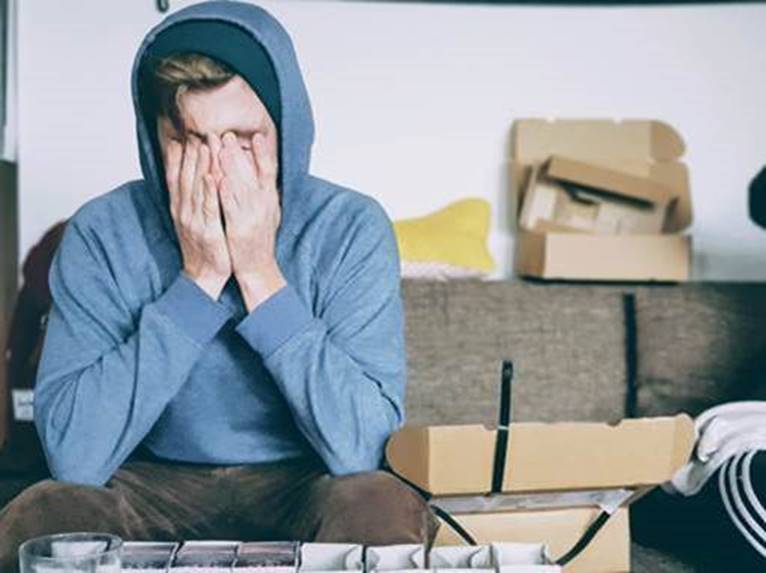
The truth is there are many psychological and biological reasons that we eat when we feel stressed. And by the way, it’s normal and human.
Lots of research on why we stress eat or under-eat:
• When a stressful situation of this magnitude arises, people often experience substantial changes to their eating behaviors (CDC, 2020).
• Generally described as emotional or stress eating, we often start to eat (or not eat) in a conscious or unconscious effort to suppress or soothe negative emotions (Mayo Clinic).
• These emotionally-based changes in eating behavior range from overeating to binge eating to severe caloric restriction (Epel, Laipdus, McEwen, & Brownell, 2001).
• Eating can decrease negative emotions in some individuals (e.g., Lavendar et al., 2016).

3 Different Eating Patterns That May Arise
When feeling strong emotional states, some people are more likely to binge-eat, which is characterized by eating large amounts of food in a short amount of time while feeling unable to stop. If this is you, you need professional support now. You need a Clinical Psychologist and a Registered Dietitian (like me!) and perhaps a Psychiatrist if your Psychologist refers you.
Others may notice “grazing” behavior where they constantly want to eat little bits throughout the day or night. Others may restrict their eating, sometimes in an attempt to feel control over something during a time of great uncertainty. If you notice this is you regularly, you must get the help I suggested above.

Why We Cope This Way
• Eating can also serve as a welcome distraction from challenging life realities and a self-soothing coping mechanism during uncertain times.
• Biologically, stress is associated with changes in cortisol, which plays a critical role in energy regulation. Cortisol can make us crave (and crave specific foods).
• We tend to crave food higher in fat and sugar when stressed, in part because our body requires more energy to function when stressed, and simple carbohydrates are the fastest way to get a quick hit (Harvard Mental Health Letter, 2018).
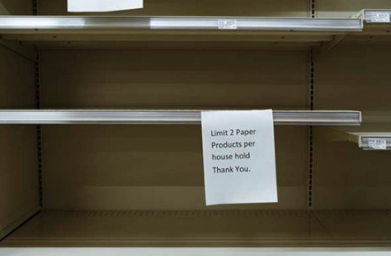
The Perception of Scarcity
• In the current pandemic situation, fear around the availability, accessibility, and cost of future food may affect the eating experiences of many people.
• Sometimes people want to eat more and hoard food when they feel it’s going away. Notice if this is you. Just by becoming aware, this behavior might change easily.

The Aftermath
• Emotional eating can lead to regret, physical discomfort, and weight gain because the original stressors will remain independent of our eating behavior. But remember to say it’s ok and you will try to be more aware of your feelings and give yourself what you really need next time.
• Until we honestly address the actual emotions driving our eating, our desire to eat will remain when stressed, often leading to longer-term harm to our physical and emotional health.
Would you like to know ways to help you not to stress eat? That’s great that you want to help yourself. But, remember… it’s not about how to avoid stress eating altogether. It’s about learning about the reasons why you want to. Did you feel that lightbulb?
5 Tips For Curbing Emotional Eating (#1)
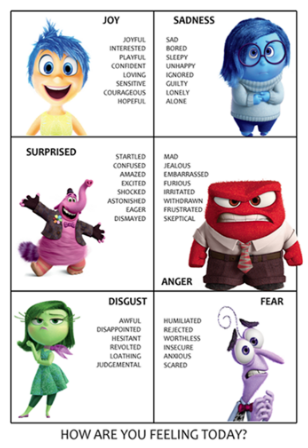
1. Become more aware of your feelings, and let yourself feel them away from food (it gets you closer to you)
• Take time each day to reflect on how you feel and whether it is leading you to crave food in a non-body honoring way.
• Ask yourself questions like: How are you feeling? When do you feel most stressed? What is most worrisome to you about your life today/in this very moment?

2. Recognize your triggers for emotionally-based eating (remember it’s not about stopping or controlling emotional eating – you first have to go deeper)
• Become clear about when you will most likely want to eat more or less. This could be anything from moments when you’re trying to focus on your new online class to feeling trapped without the typical stimulation and outlets you are use to.
• Ask yourself questions like: When are you more likely to stress-eat? What circumstances make it hardest for you to control your unwanted eating behaviors? What kinds of food do you crave, and when?

3. Make conscious choices about your eating, avoiding triggers when possible
• Have specific meal times and snack times (a schedule but make sure you are actually hungry). Use the hunger/fullness scale!
• Challenge yourself to cope with those negative emotions that you may be experiencing away from food.
• Ask yourself questions like: What’s my hunger level? If I’m not physically hungry, will I feel better after eating this? What do I actually need right now? What do I need to change about my life today to help myself not experience unwanted emotional eating episodes?

4. Get social support while avoiding exposure to triggering material
• Most of us are quite isolated from our typical routines, communities, and social networks right now and humans are highly social beings, and social connectedness is a core way we cope with stress and hardship (CDC, 2020).
• Watching the news is triggering for many people experiencing a crisis situation. So, turn off the news!!!
• Ask yourself questions like: Who can I call today that will help me stay emotionally grounded? Who makes me lol? How can I help others in my life get through this? What can I do to feel more connected to my community even if I can’t interact with them in person right now?

5. Start fresh, each moment of each day
• If you had a rough moment or day and did not like the way you felt or ate, start again. You can always start eating differently at this exact moment.
• Beating yourself up about past eating is not going to be helpful. Instead, encourage yourself to start fresh right now—without judgmental criticisms or self-deprecating sentiment—and reestablish a pattern of eating that both acknowledges the difficult emotions you may be feeling as well as encourages deliberate eating behavior that feels healthy and positive.
Summary
• When and if you experience unwanted eating behavior because of strong negative emotions, it is helpful to acknowledge and experience your feelings away from food, understand your emotional eating triggers, and make conscious choices about what you will eat and when.
• Get and give as much social support as you can from loved ones and start fresh if you have an undesirable or unpleasant eating experience.
• This is going to be a stressful phase of life for millions of people around the world, so practicing deliberate eating behavior that promotes physical and emotional health is critical.
• Don’t forget about overall self-care daily rituals: exercise, get outside, connect with people, 7-8 hrs of sleep, and mindfulness practice.
• Get professional support if you notice binge eating or severe under eating is out of your control.
What a perfect time to use this opportunity for mental growth. You got this 🙂
Miriam MPH, RD, CPT, Certified Intuitive Eating Counselor
Studio SWEAT Dietitian
References:
• https://www.ncbi.nlm.nih.gov/pmc/articles/PMC4821806/ [ncbi.nlm.nih.gov]



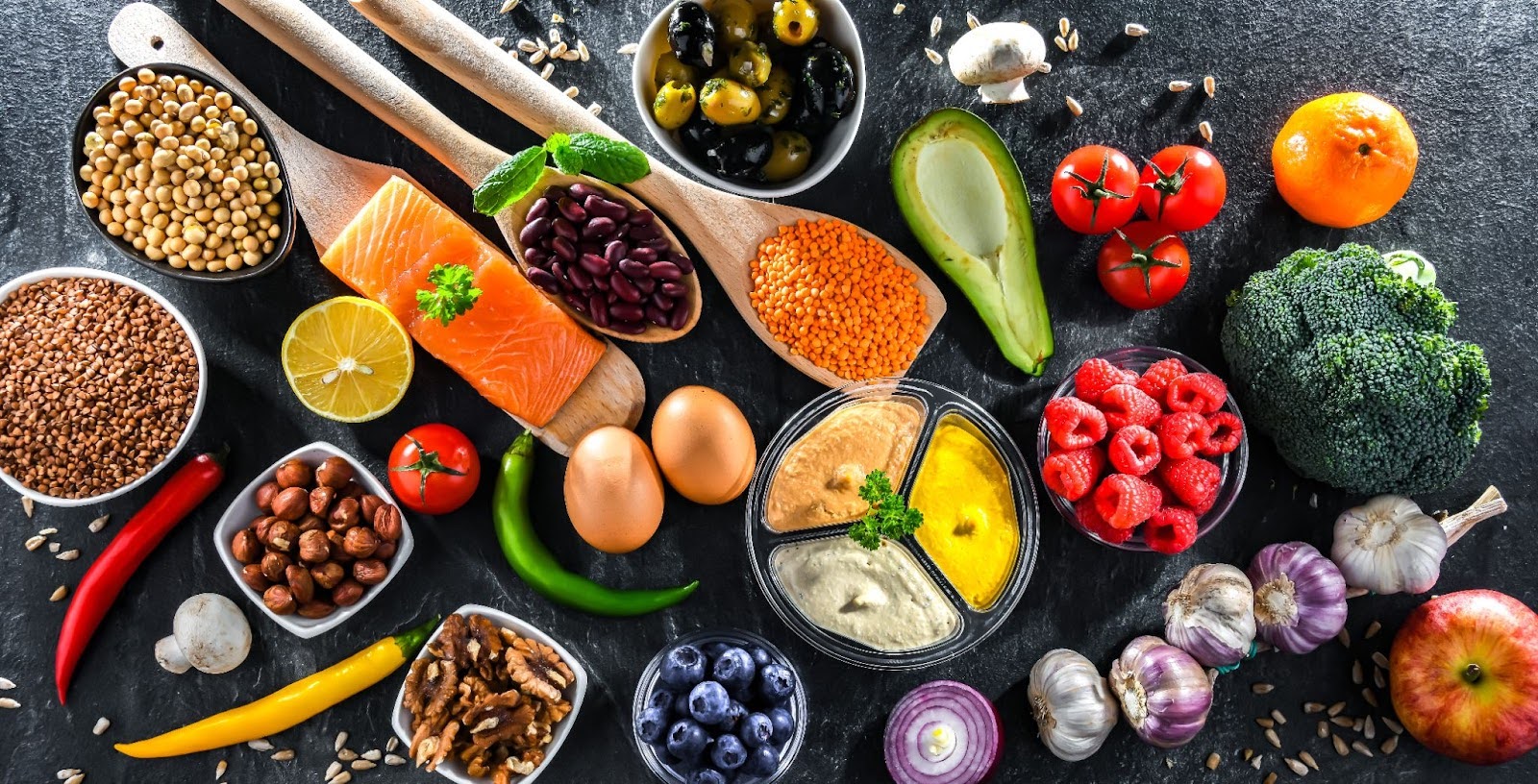
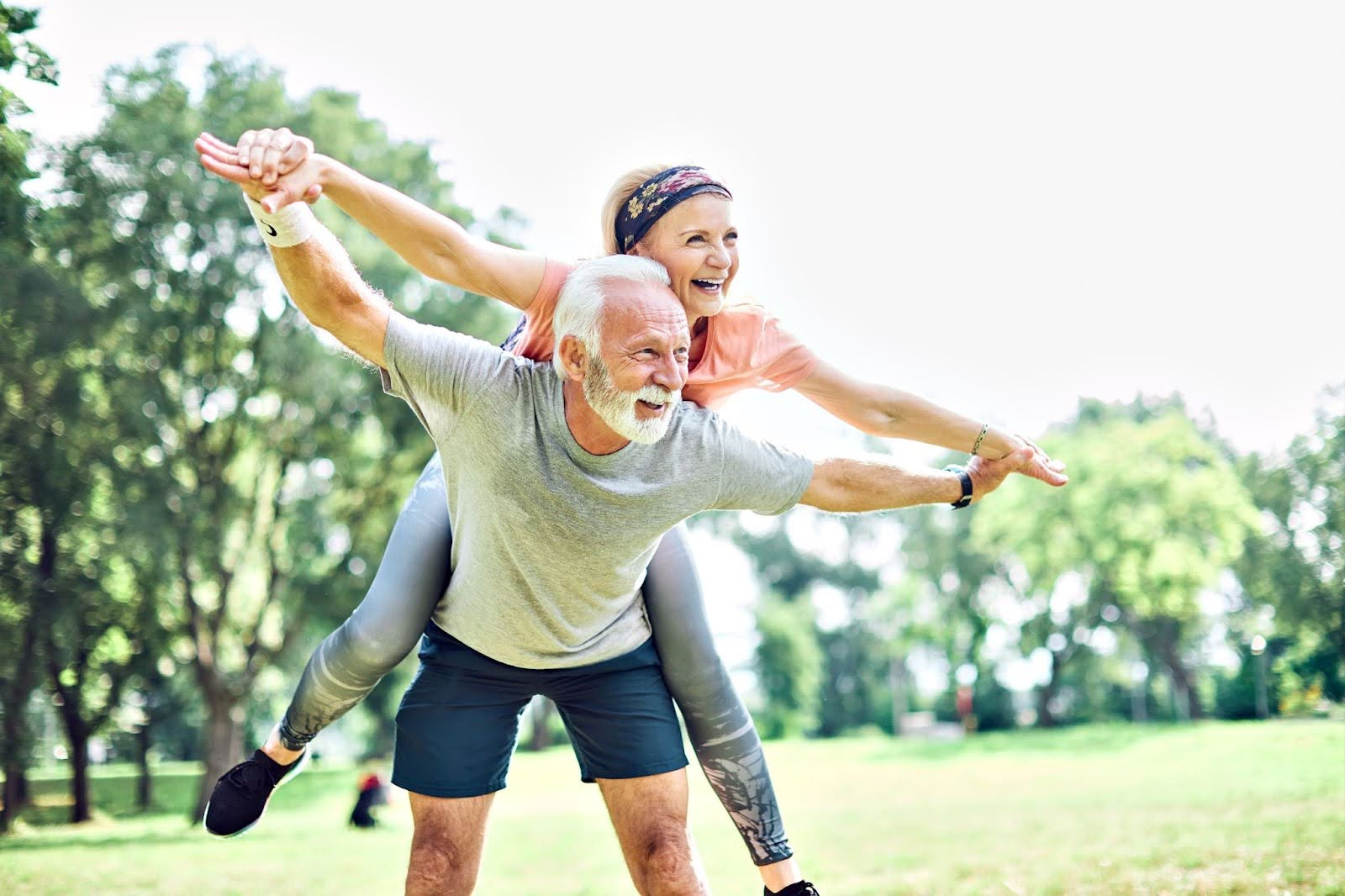




Comments - 2